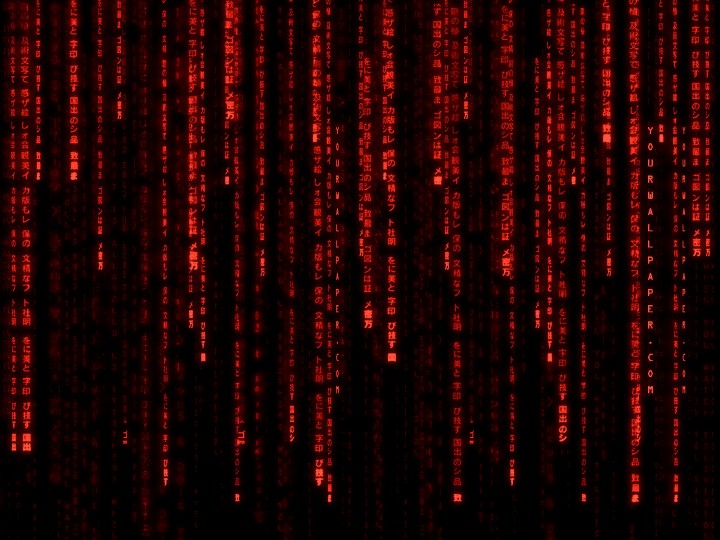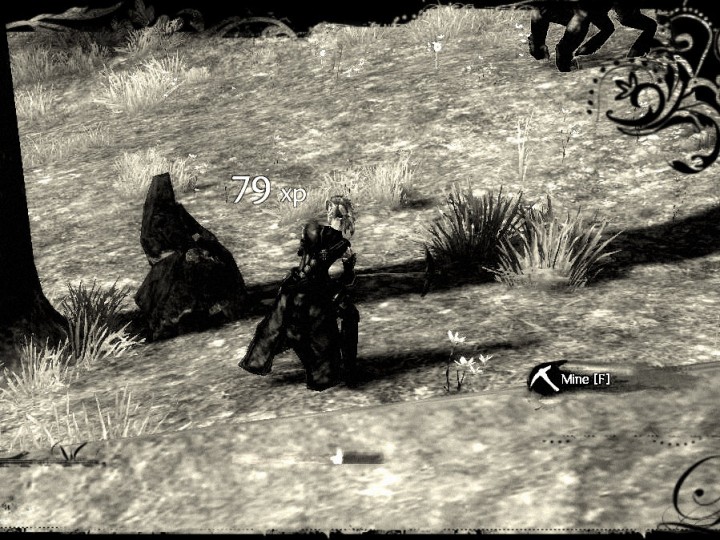As gamers we are used to switching between alternate realities by immersing ourselves into the games we play. In my article “Does gaming impact my dreams?” I discussed this subject further while musing over the reasons why gamers more often experience lucid dreaming than their peers. I ended the article by saying:
When we then enter the world of dreaming, do we [as gamers] then recognize the signs of fiction and fantasy more easily than others? It is indeed an intriguing idea and the philosophical implications of this is fascinating to me. But more on that another time.
Well, my friends, it’s “another time”. It’s about to get deep!
When I hit the play button and enter a new game I am very much aware that it is just that: a game, made up by a bunch of ones and zeros. I can see the real world in my physical surrounding, this interferes with the intensity of the gaming experience. So at the cost of full immersion I am aware of the fact that I am not my avatar CatKyle, I am me; Noctua, and I am playing a game with a character I’ve chosen to call CatKyle. But imagine that you were truly a character living inside the game you play. Amazing I know, but now add the fact that as you go into this fictionalised world you will not get to be aware of the fact that you are a part of “a game”. You will not be aware that there is any other reality then the one in front of your virtual nose. Then imagine as you somehow discover that there is more than the reality you first thought. Those pixelated clouds are not actual clouds but merely an imitation of something more real. There is a source of inspiration out there somewhere which means that there is more to the universe than what you previously could have envisioned.
This is a concept which has often been explored in modern fiction. I’ve touched upon the subject briefly in my Ex Machina analysis. Movies such as The Matrix, The Lego Movie as well as many, many more have also used the idea as their main plot.
That said, this specific train of thought questioning what is real and what is not dates much further back than the invention of moving pictures. Many, many, many, many, many, years ago a teacher called Socrates told his student Glaucon a parable that would become known as “The allegory of the cave”. Some people also know it by the name “Plato’s Cave” since Plato, Glaucon’s brother, hungry for credit as I’m sure he was, noted the parable down in his own work. If this is the first time you hear about it you can watch the video below for a very brief explanation of Socrates allegory.
Aristotle said “Often when one is asleep, there is something in consciousness which declares that what then presents itself is but a dream”. This is how I explained to my readers what a lucid dream is in my post about how gaming effects our dreams. Have you ever had that dream like feeling while awake? The idea that the world as we see it is not as real as we think is not a modern creation. For centuries these questions have irked scholars. Throughout history it’s the thought that has kept philosophers and scientists up at night. When you’re going about your day and you have that thought “Am I dreaming?” maybe you should ask yourself if you are really having a sort of lucid dream. Maybe there’s a greater reality out there trying to poke you to awaken. Now if it’s true that gamers are more prone to discern dreams from reality like psychologist Jayne Gackenbach would suggest then does that mean that gamers would be more adept at uncovering deeper truths about our existence than others? Gamers in general have not seemed to me particularly philosophical as a group… I haven’t heard more existential questions asked by my gaming friends than I have from my real life ones. The notion does seem far fetched but it’s an intriguing thought non the less.
In the movie The Matrix, Neo (just like the curious Alice following a white rabbit) goes on a journey that soon has him questioning the reality of the world he lives in.
MORPHEUS
It’s that feeling you have had all your life. That feeling that something was wrong with the world. You don’t know what it is but it’s there, like a splinter in your mind, driving you mad, driving you to me. But what is it?
The LEATHER CREAKS as he leans back.
MORPHEUS
The Matrix is everywhere, it’s all around us, here even in this room. You can see it out your window, or on your television. You feel it when you go to work, or go to church or pay your taxes. It is the world that has been pulled over your eyes to blind you from the truth.
NEO
What truth?
MORPHEUS
That you are a slave, Neo. That you, like everyone else, was born into bondage… … kept inside a prison that you cannot smell, taste, or touch. A prison for your mind.
-The Matrix, screenplay
It’s a movie which is heavy in it’s social criticism. In this story about a world run by machine and not man, there is the symbolism of the peoples’ bodies actually being batteries that power the city of the robots. This metaphor suggests to us that as we sleepwalk our way through life we are exploited in our lack of awareness by becoming passive consumers. As we do so we can be seen to be surrendering our lifeforce to “the system”. Socrates wisdom is knowing that we do not know. That the only thing which is certain is that nothing is certain. The recognition of the limits of our knowledge can as such be conceptualised as the very foundation for beginning to remedy that condition. If we are indeed prisoners of a reality (or a cave) but are not aware of it since it’s the only existence we have ever known then there might be more to life and to the universe than we can possibly imagine. If we could release ourselves from bonds we didn’t even know existed then maybe we would be able to see the world as it truly is.
Zaheer:
Guru Lahima lived 4000 years ago in the Northern Air Temple. It is said that he unlocked the secrets of weightlessness and became untethered from the earth, living his final 40 years without ever touching the ground.
Guard:
What’s that supposed to mean?
Zaheer:
It means, that when you base your expectations only on what you see, you blind yourself to the possibilities of a new reality.
-The Ledgend of Korra
Photo attribution: Derived from “Movie-Matrix-wallpaper” by Tony Werman licensed under CC by 2.0






